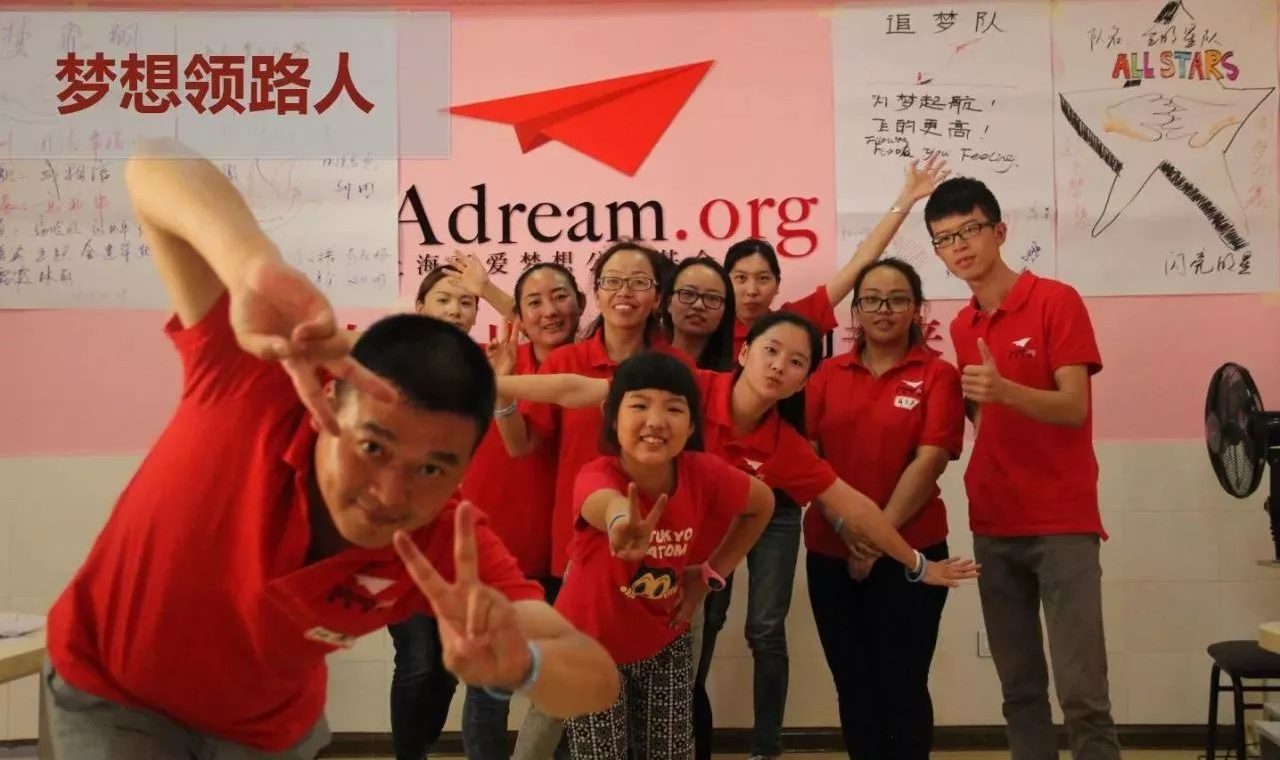
In an increasingly complex social and technological environment, teachers need to adapt to new demands through constant professional development. To facilitate this, NGOs can be the catalyst for mobilizing resources by means of extensive collaboration across different sectors. In this interview, we talk with Ms. Jiangxue Pan, Director of the Board at Adream Foundation, who shares her experience and the pioneering model of her NGO in supporting teachers. Peer Coaching Plan initiated by Adream is a 2019 WISE Awards finalist.
1. What skills and abilities do teachers need, especially in economically disadvantaged areas?
We identify three key competencies that make a great teacher: professionalism, life-long learning and social-emotional skills. These were not based on purely subjective perception but on questionnaires from 1624 teachers and the output of a teaching workshop. It represents their professional ideal.
Professionalism includes pedagogical knowledge and skills. Life-long learning means the ability to improve, innovate and practice what one learns. Teachers with social-emotional skills demonstrate a high level of passion, compassion and respect. These skills also help them to sustain their own physical and mental well-being. These three dimensions complement one another.
In economically disadvantaged areas, teachers’ well-being should be prioritized. Unlike the conventional teacher training that emphasizes the attainment of skills, we believe the priority is to elevate teachers’ spirit, recognize their work and ensure their dignity. Only then can they develop stronger social and emotional capacities and truly care for and support their students.
2. How should an effective teacher training system be designed and how does Adream motivate teachers to join its training?
In accordance with the three key competencies mentioned, we establish a step-by-step level-up growth map for teachers. In every phase, we design corresponding learning and practice tasks. Offline activities and online platform are combined to focus on peer mentoring of teachers. Offline activities are to equip teachers to become coaches to mentor and empower their peers. With our initial support, teachers soon autonomously organize the sessions to meet, share with and inspire each other. The online platform allows the teachers to learn autonomously through access to various learning kits and to share teaching materials and findings. Meanwhile, teachers are encouraged to practice what they learn and keep developing their innovative pedagogic practices.
These approaches allow Adream to inspire teachers to attain community recognition and stronger self-efficacy. Our Peer Coaching Plan (PCP) affirms the uniqueness and dignity of every teacher as equal collaborators. It also provides with resources and means for them to become proactive educators. To motivate and engage teachers, all year round, our regional managers support the daily operation of each and every teacher. With our Dream Box, an online incentive system, teachers can earn credits as they progress. This also motivates them to participate because the credits can translate into advanced learning opportunities such as international study tours.
3. How can innovative models become more replicable?
Standardized management tools are adopted to replicate our service model. One of the challenges is to ensure the quality of our service over a large area with limited manpower. Our solution is to apply standardized management procedures to quality control, risk management and project evaluation. We also improve internal governance by creating an efficient feedback mechanism and also bring in and train a great number of local volunteers to harness local wisdom to generate local solutions. Effective dialogue and interaction with local government across different regions are also essential, which could unlock public resources and gain their support for the scale-up of our model. We also encourage cross-region exchange of best practices within our system so that our stakeholders can learn from successful cases of one another.
4. In what ways can education NGOs engage whole society?
Education problems tend to be complex and for this reason need collaborative social solutions. Adream has come up with a model of crossover collaboration, “PPPS”, which stands for “Philanthropy-Public-Private-School”. We regard officials in the education bureau, private donors and school leaders as our “dream partners”. We provide access to quality competency-based education, which satisfies the needs of local authorities, schools and teachers. Therefore, local governments are willing to provide matching funds to purchase our services and also fund more schools that enroll in our program. The schools benefit from our service, educational know-how as well as funds raised by Adream from various private donors. Finally, apart from financial help, the private sector also contributes pioneering technologies and knowledge to schools and involve their employees in philanthropic action. The general public can participate in our program through volunteering and making donations. In this way, NGOs can be the catalyst for effective cross-sector collaboration.


